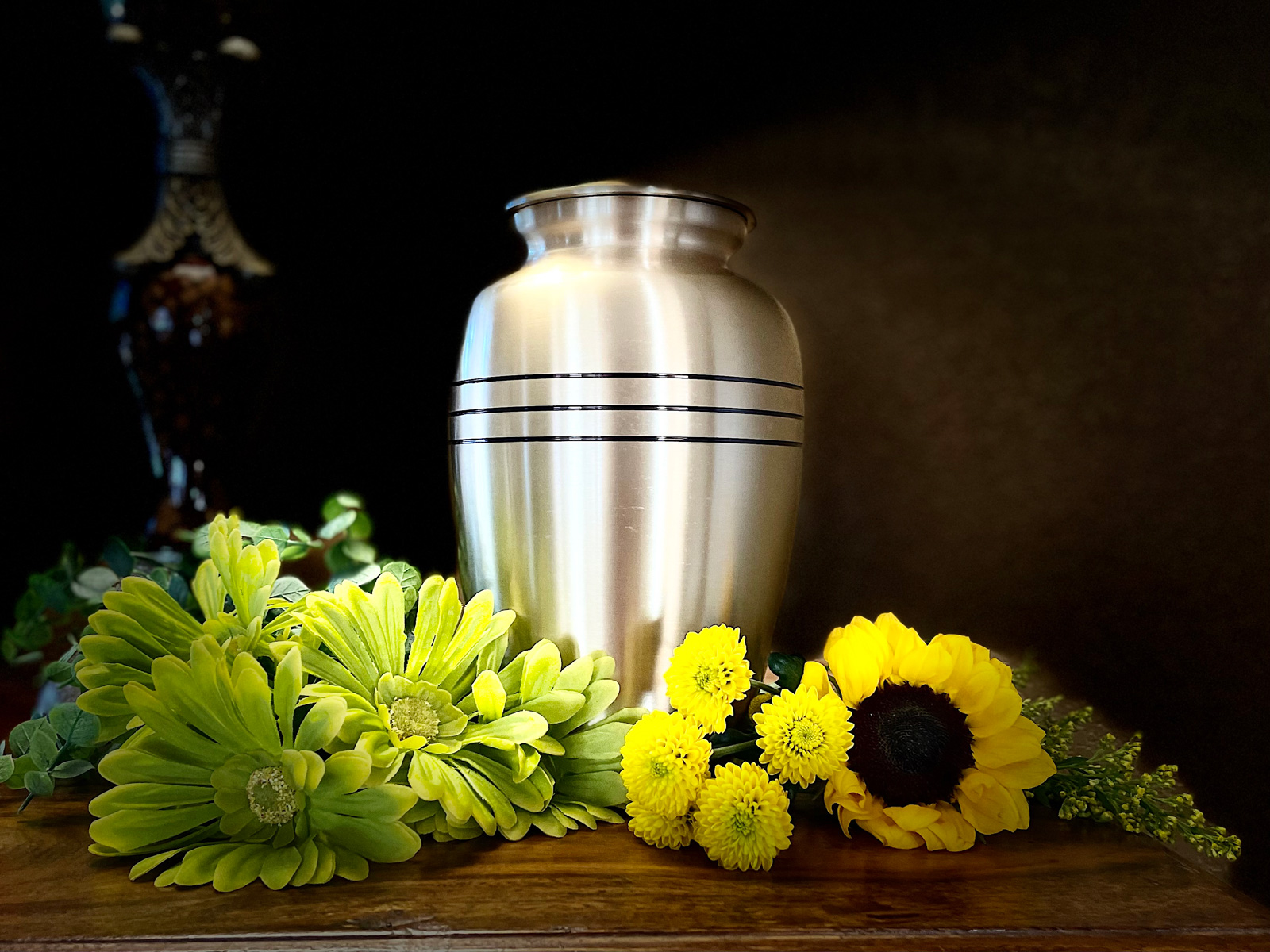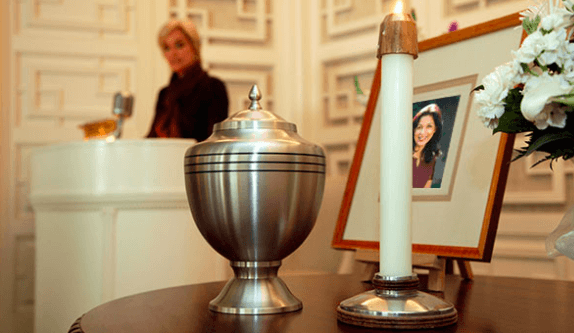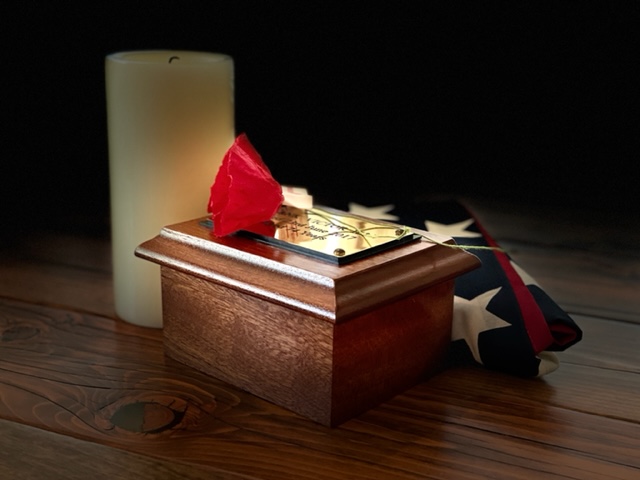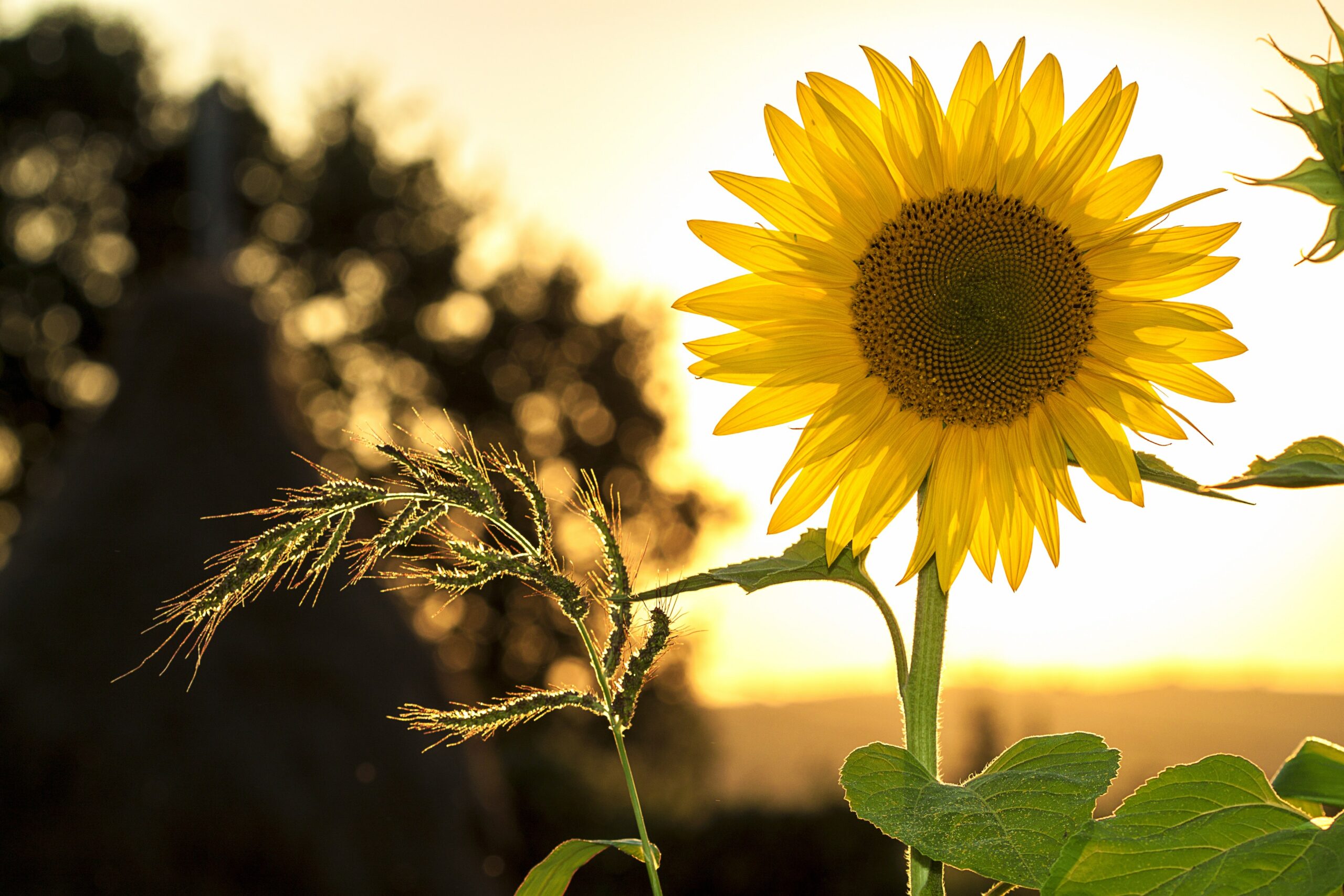Cremation now accounts for over 60 percent of all funerals in the United States, yet there are still many misconceptions about cremation services. Several years ago when DFS Memorials started working with local cremation service providers, the term ‘direct cremation’ was not even a common term. More often, people asked for a ‘simple cremation’ or a ‘basic cremation.’
Now, the term direct cremation is more commonly used by funeral homes and families searching for simple and affordable cremation. However, families still ask questions, demonstrating some common misunderstandings about direct cremation.
So, let’s look at some of these common myths.
#1 You can still have a funeral service or memorial after a direct cremation
Many people think that if cremation is chosen, then you cannot have a funeral service. This is not true. In fact, choosing to have a direct cremation just offers more flexibility in when and how to conduct a memorial or funeral service.
#2 Every cremation is conducted individually
This is one of the most frequently asked questions and most commonly misunderstood misconceptions about cremation. Each body has to be cremated individually. There are very strict rules about the cremation of human remains. One of the key laws is that a body must be individually cremated, and the cremation chamber fully cleared before the next cremation.
#3 It is possible to witness, or even start, the cremation process
Yes. Many crematories are arranged so that it is possible for the family to witness the start of the cremation process. Some faiths require that a member of the family can commence the cremation process. So, this can be arranged, although you may need to make an advance request to ensure the crematory can facilitate this.
#4 In many states, you can arrange a direct cremation without visiting a funeral home
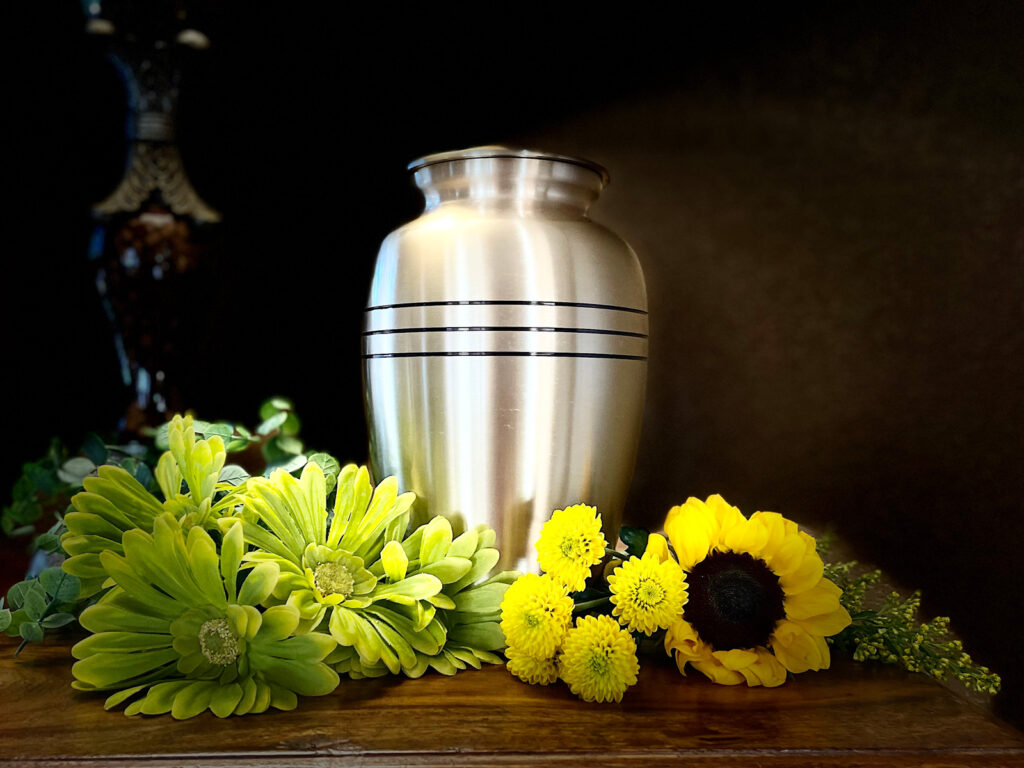
You can arrange a direct cremation without attending a funeral home. All arrangements can be made by phone or online, or an arranger can often come to your home to complete arrangements. In some states, you can make arrangements directly with a crematory without employing a funeral director.
#5 Embalming is NOT required for a direct cremation
There is no legal requirement for embalming. Unless there is a public health directive. It is a common myth that all bodies are embalmed for a funeral or cremation. But this is not the case. And avoiding embalming can save you between $600 – $800.
#6 There are many personalization options available with cremation
You can choose the traditional options of burying a cremation urn, placing the urn in a columbarium niche, or keeping the urn at home. But you can choose from a range of personalized options, including using some of the ashes to make cremation jewelry, fireworks, tattoos, and a plethora of other creative memorials.
According to some surveys and industry statistics, of the 54% of cremations conducted, around 80% are now direct cremations. Direct cremation is inexpensive and offers more flexibility in making funeral arrangements.
A low-cost direct cremation can be arranged in most cities for around $800, although many full-service funeral homes charge around $2,700 for this service.
It is important to shop around and compare prices when considering cremation services. Visit this article for tips on saving on cremation costs.
You should also be aware that cremation destroys any traces of an individual’s DNA. However, it is possible to conduct a sample for preservation before cremation. This is known as a DNA Legacy service.
